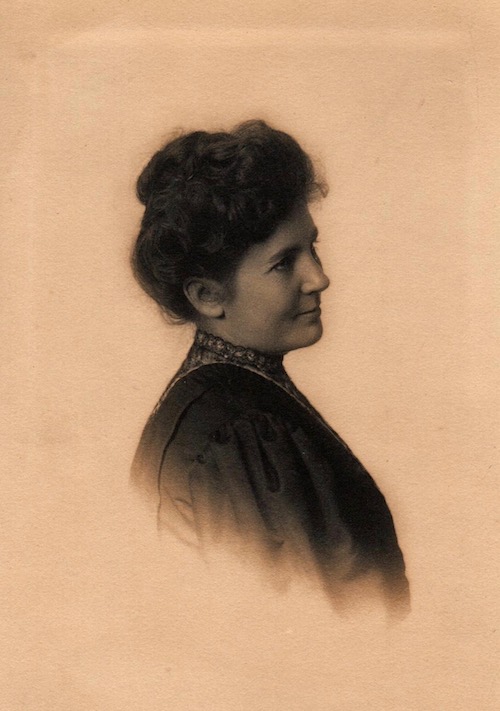"For the love of money
is the root of all evil
which while some
coveted after
they have erred
from the faith
and pierced themselves
through with
many sorrows."
(1 Timothy 6:10)
Image courtesy/Wikimedia Commons
It is said that "money is the root of all evil" but money that is
at the root of any evil in itself represents selfishness...
It would be nearer the truth to say that selfishness is the root of evil
and the overvaluation of money only one manifestation of it.
Money hasn't any value of its own; it represents the stored up energy of
men and women and is really just someone's promise to pay a certain
amount of that energy. It is the promise that has the real value.
If no dependence can be put on the promises of a nation, then the currency
of that nation, which is its promise to pay, is worthless. Bank notes depend
for their value on the credit of the bank that issues them, and a man's note
is good or not according to whether his promise to pay can be relied on.
So it comes to this: that as the business of the world is done on credit,
a man's word, backed by his character, is the unit of value; and that
character is the root of good or evil, making his word, good or worthless.
If there was only one thing of any value in this world and it were in our
possession, how precious it would be to us. How carefully we would guard
it from all smirching or damaging, defending it with our lives if necessary!
There would be no carelessness in the keeping of it, no reckless giving of it
here and there as though it amounted to nothing.
Listen then to this Eastern proverb: "In this world, a man's word is all he
has that is of real value; it is at the bottom of all other values."
"A Man's Word Is All He Has"
(September, 1922)
Laura Ingalls Wilder
Taken from the book,
"Little House In The Ozarks
A Laura Ingalls Wilder Sampler
The Rediscovered Writings"
Laura Ingalls Wilder
Edited by Stephen W. Hines
Guidepost Edition
(1991)


No comments:
Post a Comment